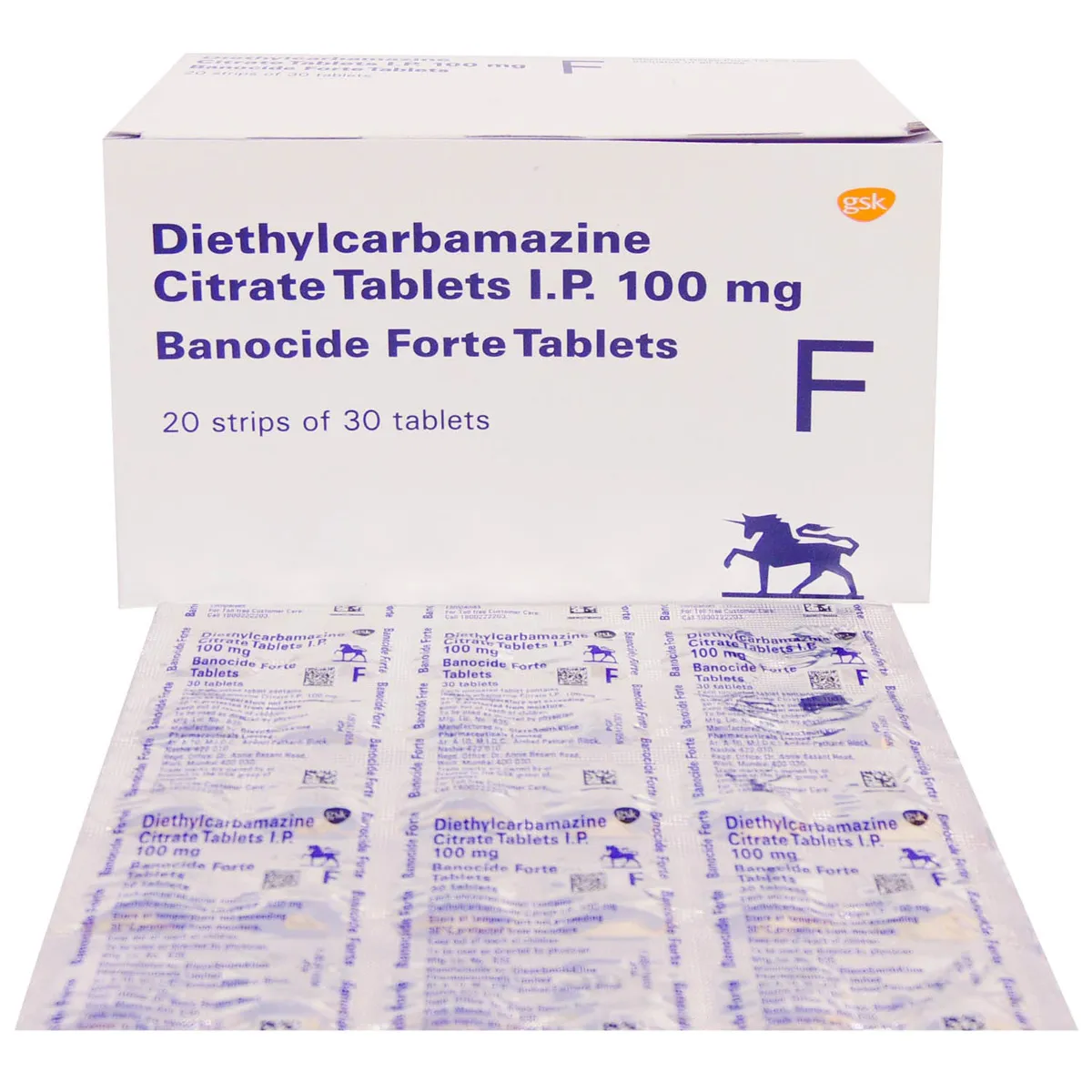Female infertility includes various factors that are necessary to understand and after considering the cause you should undergo a proper treatment. Let’s find out the causes of female infertility.
Reproductive Roadblocks: Structural Issues and Their Impact
Structural abnormalities can pose significant roadblocks on the path to conception. Issues like blocked fallopian tubes or abnormalities in the uterus can hinder the journey of the fertilized egg, reducing the chances of successful implantation. Understanding and addressing these structural concerns is crucial in overcoming fertility challenges.
Lifestyle Labyrinth: Navigating the Impact of Lifestyle Choices
Modern lifestyles bring both conveniences and challenges. Stress, poor diet, and inadequate physical activity can weave a labyrinth that negatively influences fertility. Adopting a holistic approach to wellness, encompassing stress management, a balanced diet, and regular exercise, can play a pivotal role in optimizing reproductive health.
Genetic Puzzles: Unraveling the Influence of Genetic Factors
Genetics play a significant role in determining fertility. In some cases, hereditary factors can contribute to conditions that impact reproductive capabilities. Investigating the genetic puzzle may provide valuable insights into understanding and addressing fertility challenges effectively.
Ovulatory Disorders
It is the most common cause that acts as a barrier to female infertility. Polycystic ovary syndrome, dysfunction in the hypothalamus, and premature ovarian failure can disrupt the regular release of eggs and negatively impact fertility.
Blocked Fallopian Tube
Fallopian tubes play a crucial role in the reproductive process. Blocked fallopian tubes affect a woman’s ability to conceive naturally. These fallopian tubes create a barrier during fertilization. Several factors lead to the blockage of fallopian tubes such as pelvic inflammatory disease, sexually transmitted infections, endometriosis, and more. Such issues can lead to inflammation and scars on fallopian tubes.
Uterine Abnormalities
Uterine abnormalities are also a cause of infertility. It mean structural irregularities in the uterus. Conditions such as uterine fibroids, and cancerous growths in uterine walls, affect the implantation of the embryo, polyps formation, and overgrowth of uterine lining that can create hindrances in the implantation process and can result in multiple miscarriages.
Septate uterus which means a condition when the uterus is divided by a wall can impact fertility by changing uterine structure. Uterine abnormalities can be treated through personalized treatment or surgical processes.
Endometriosis
Endometriosis means an abnormal growth of endometrial tissue that can lead to the formation of ovarian cysts. It impacts fertility and increases the risk of implantation failure.
Unexplained Infertility
In a few cases, specific causes of infertility cannot be diagnosed. Several challenges can be faced during its evaluation.
Hormonal Imbalances
Hormonal imbalances affect the ovulation process and overall reproductive health. Conditions like polycystic ovary syndrome, menstrual irregularities, and fertility challenges. Hormone imbalances can be treated through a well-balanced diet, proper lifestyle, regular exercise, and medications to restore overall well-being and reproductive health. It also improves the chances of a successful pregnancy.
Autoimmune Disorders
Autoimmune disorders can negatively affect overall reproductive health. In autoimmune disorders such as rheumatoid arthritis, the immune system of the body targets ovaries or other reproductive organs. Such immune system response leads to inflammation and disruptions in normal reproductive function and causes infertility.
Genetic Abnormalities
Genetic abnormalities can affect fertility and create disruptions in reproductive systems. The conditions may lead to ovarian dysfunction and reduced fertility. In such cases, you can consult the Best infertility doctor in Lucknow to get the right advice and treatment. An infertility doctor can help you by guiding you during the treatment, emotional support, and providing better solutions.
Conclusion
Other than these causes, excessive weight of the body or low body weight, smoking, alcohol consumption, and severe medical issues such as diabetes or heart disease can impact fertility. Stress and exposure to environmental toxins are also a reason behind infertility.
Through open communication with your fertility specialist, you can figure out the best treatment for your infertility. Even after following the right lifestyle, few couples may face challenges in conceiving naturally. In such cases, in vitro fertilization (IVF) treatment is advised to them. This process is helpful in treating various fertility issues, ovulatory disorders, unexplained infertility, and more.
In this process, several steps are included such as ovarian stimulation, egg retrieval, fertilization of egg and sperm in the laboratory, and embryo transfer in the uterus for implantation. For Successful IVF treatment in Lucknow, you can visit various IVF centers. With the help of fertility specialists, you can get support in every stage of the treatment and throughout the journey of parenthood.
Also Read – The Role of a Family Medicine Doctor









